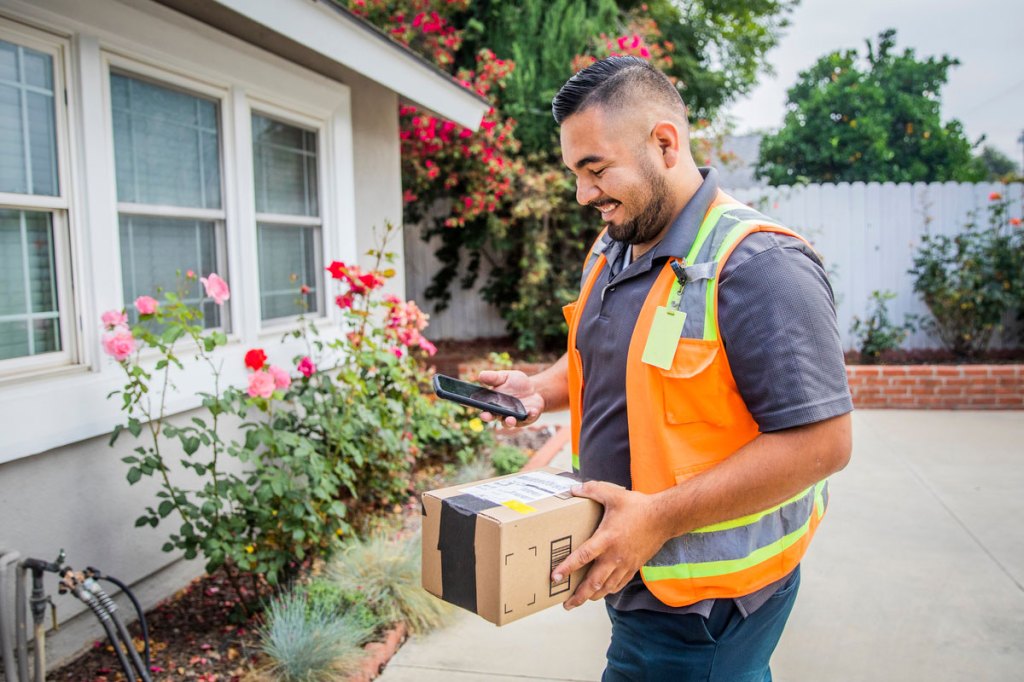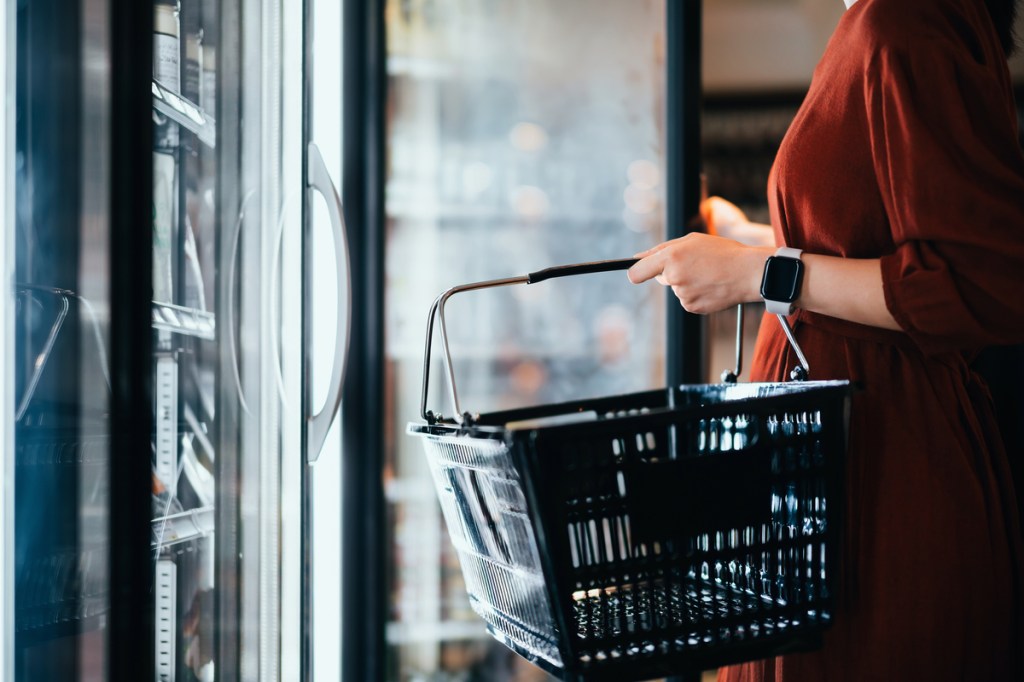By Nicolet Pienaar, Head of Market Insights at GfK South Africa
It’s an understatement to say that the past two years have been challenging for brands in South Africa and the rest of the world. The pandemic has wreaked havoc, but it’s by no means the only disruptor we have faced. In South Africa, the unrest in July caused upheaval in the supply chain and dented business and consumer confidence. Worldwide, we saw discontent manifest in global protests for social justice and climate change.
As we look to 2022, we hope for, but cannot be certain of, a way out of the Covid-19 crisis. Most countries are charting a course to economic recovery. With a forecasted GDP growth of 4 percent, South Africa is expected to underperform global GDP growth, which is projected to be 6 percent. Brands in South Africa will need to be agile and aggressive to grow in this market.
Here are some of the key trends we have identified:
1. Premiumisation
One of the key changes we’re seeing sweep the market is a growing preference for premium goods among consumers in the middle and upper LSM bands. Bigger is better and quality matters most—we’re seeing consumers buy large TVs with better specs, washing machines with more capacity, three-door fridges with vast interior space from premium brands.
Because they’re spending so much time at home, consumers are looking for the best. They’re also buying emotionally, with a focus on comfort and luxury. Mass merchants are adjusting the technical goods assortment on their floors to compete with specialist consumer electronics and white goods stores to remain relevant and grow.
This premium market is key at a time the mass market remains under pressure.
2. Everything @home
The pandemic has triggered a permanent structural shift in consumer behaviour, with working at home, grooming at home, learning at home, entertaining at home, and eating at home still being the norm. Two key trends we’re seeing unfold are health and beauty at home and a continued emphasis on creating comfortable spaces to work remotely.
Products such as juicers, blenders, smartwatches and fitness trackers, and air-fryers (the outperformer for Black Friday 2021) are doing strong business. In the home office space, products like monitors, high-end keyboards, mouses, and office chairs are driving significant category growth. Home entertainment was another winner, with 53% more streaming devices bought in the first half of 2021 than the comparable period in 2020.
3. Ecommerce acceleration
Before Covid-19, ecommerce was growing on a fast but linear trajectory at a rate of 9-14 percent a year. The pandemic drove an exponential rise in online shopping—the level of value in online shopping today has reached levels we would only have expected to see by 2025 or beyond without the impact of Covid-19. Rising demand means that courier companies are among the big winners, with shipping prices on the rise.
According to our GfK MI Plus Consumer Research, some 40 percent of South African consumers say Covid-19 is has affected their choice of retailer; 40 percent say trust is a strong driving factor when choosing a retailer. Some of the best performers we are seeing in this market are multichannel brands with a brick-and-mortar presence. The reason for this is that consumers like to know that they can go to a store if something goes wrong with their order, or they have a query.
Be human, deliver premium value and use insights to thrive in 2022
Given that nearly half (45%) of South African consumers say they only buy products and services that appeal to their beliefs, values or ideals, leading brands will focus on humanising their offering and displaying a strong sense of purpose to appeal to customers. With components and materials shortages driving rising prices in many product categories, brand premium will also be key to retaining customer loyalty.
As we move into 2022, the winning retailers and manufacturers will be those that apply the lessons of the pandemic to their assortment, channel, pricing and marketing strategies, while remaining flexible and response to emerging consumer behaviours. AI-powered software platforms such as gfknewron, will empower their decision-makers with the insights to align their strategies with market and consumer trends.
About Nicolet Pienaar
Nicolet Pienaar is an industry expert in the Technical Consumer Goods and Telecoms market across Africa. She leads the Market Intelligence team in South Africa, turning data into actionable predictive insights for manufacturers, operators and retailers.
Over the last twelve years at GfK, she has presented at multiple industry events including the South African Society of Shopping Centers, the annual GfK Retail Roadshow and multiple webinars discussing the impact of Covid on the global and South African market dynamics.
Key market players rely on Nicolet’s thought leadership, market guidance and analytic skills to help them navigate the uncertainties of the current market situations.
Prior to working at GfK, Nicolet worked in the advertising industry which is where her love for brands and consumer understanding first emerged. She holds a Honours Degree in Strategic Brand Communications.
GfK. Growth from Knowledge.
For over 85 years, we have earned the trust of our clients around the world by solving critical business questions in their decision-making process around consumers, markets, brands and media. Our reliable data and insights, together with advanced AI capabilities, have revolutionized access to real-time actionable recommendations that drive marketing, sales and organisational effectiveness of our clients and partners. That’s how we promise and deliver “Growth from Knowledge”.

![Understanding your audience: The power of segmentation in retail [podcast]](https://nielseniq.com/wp-content/uploads/sites/4/2025/07/Podcast-Understanding_your_audience-The_power_of_segmentation_in_retail-mirrored.jpg?w=1024)
